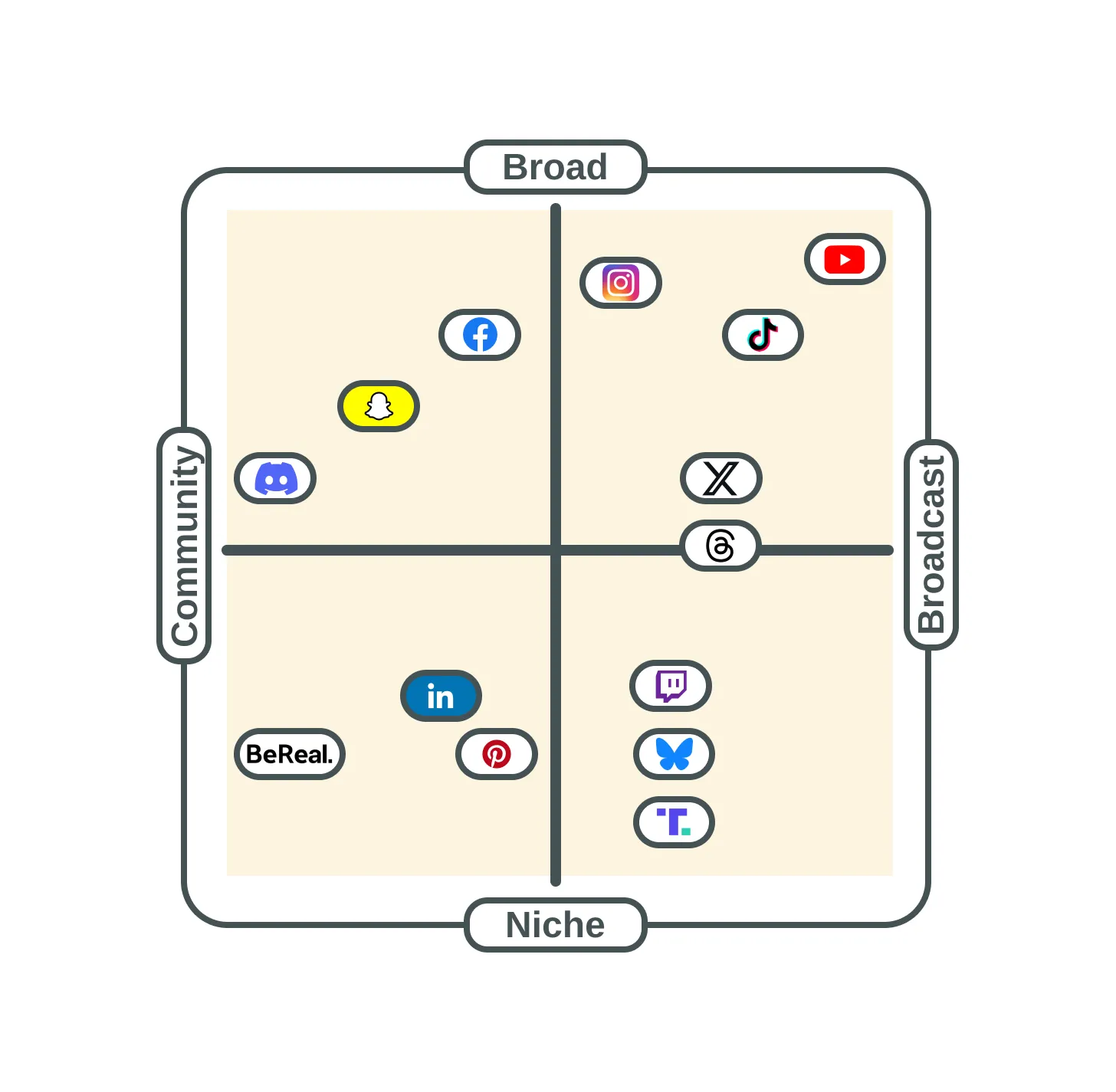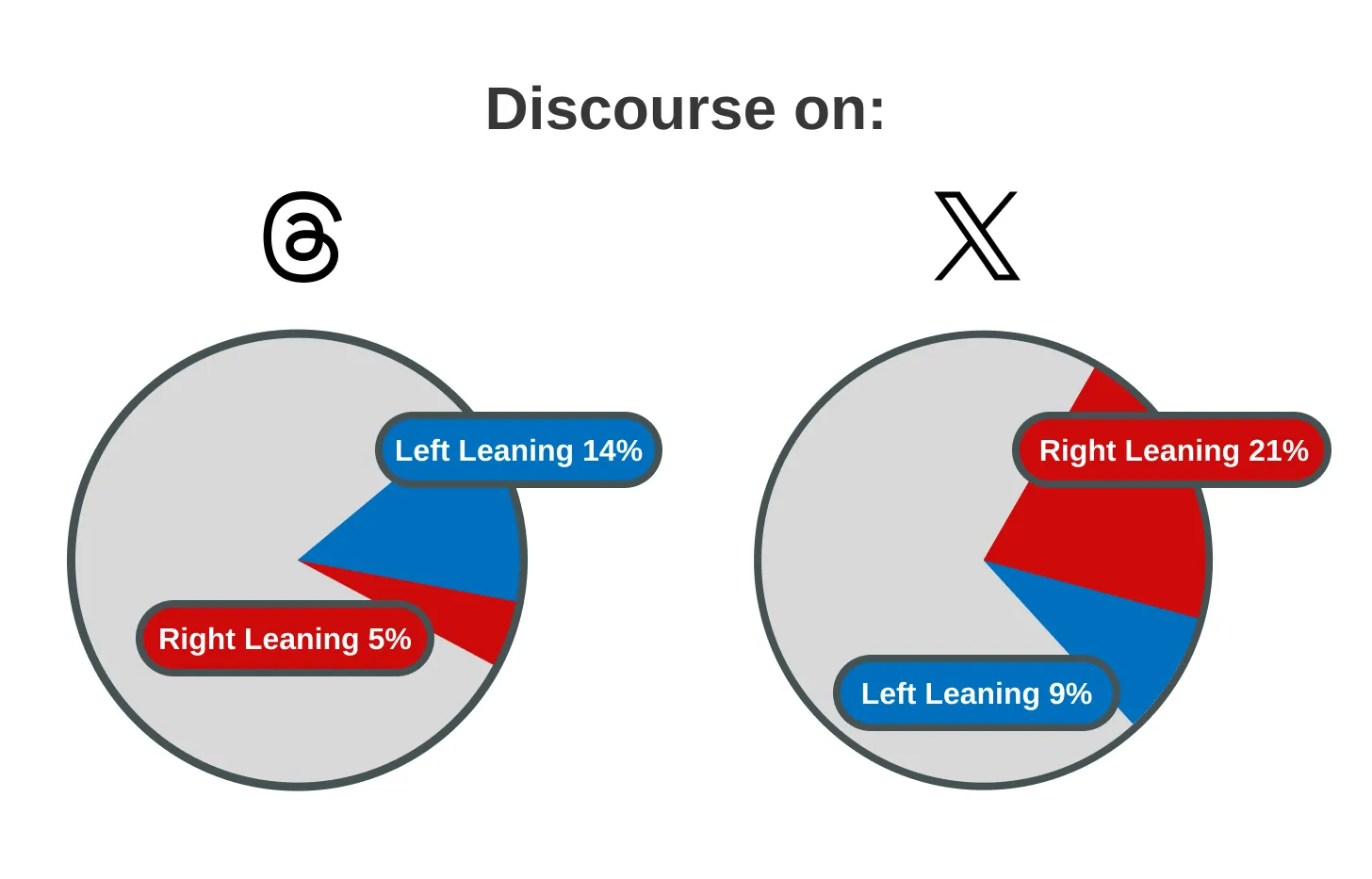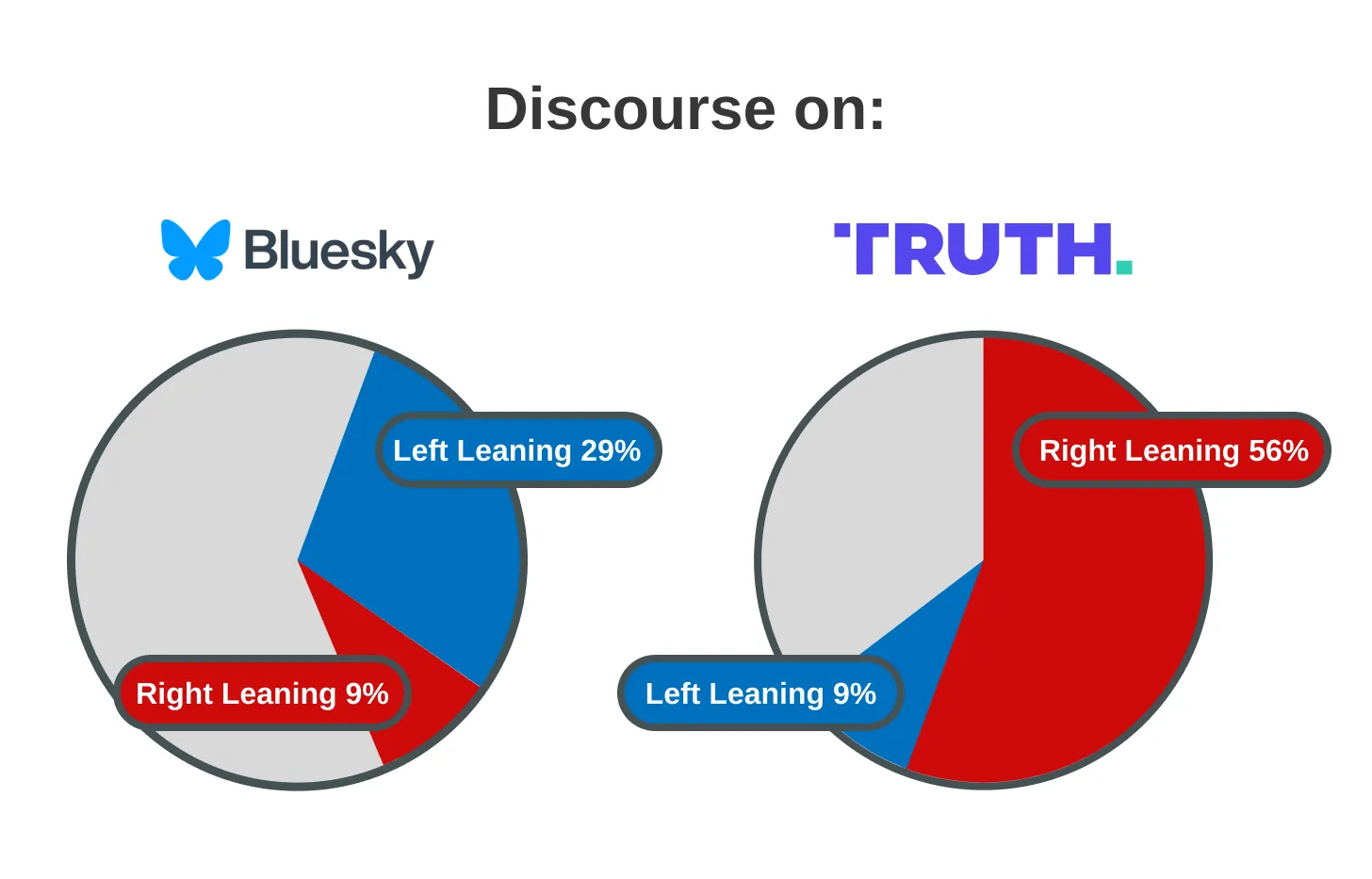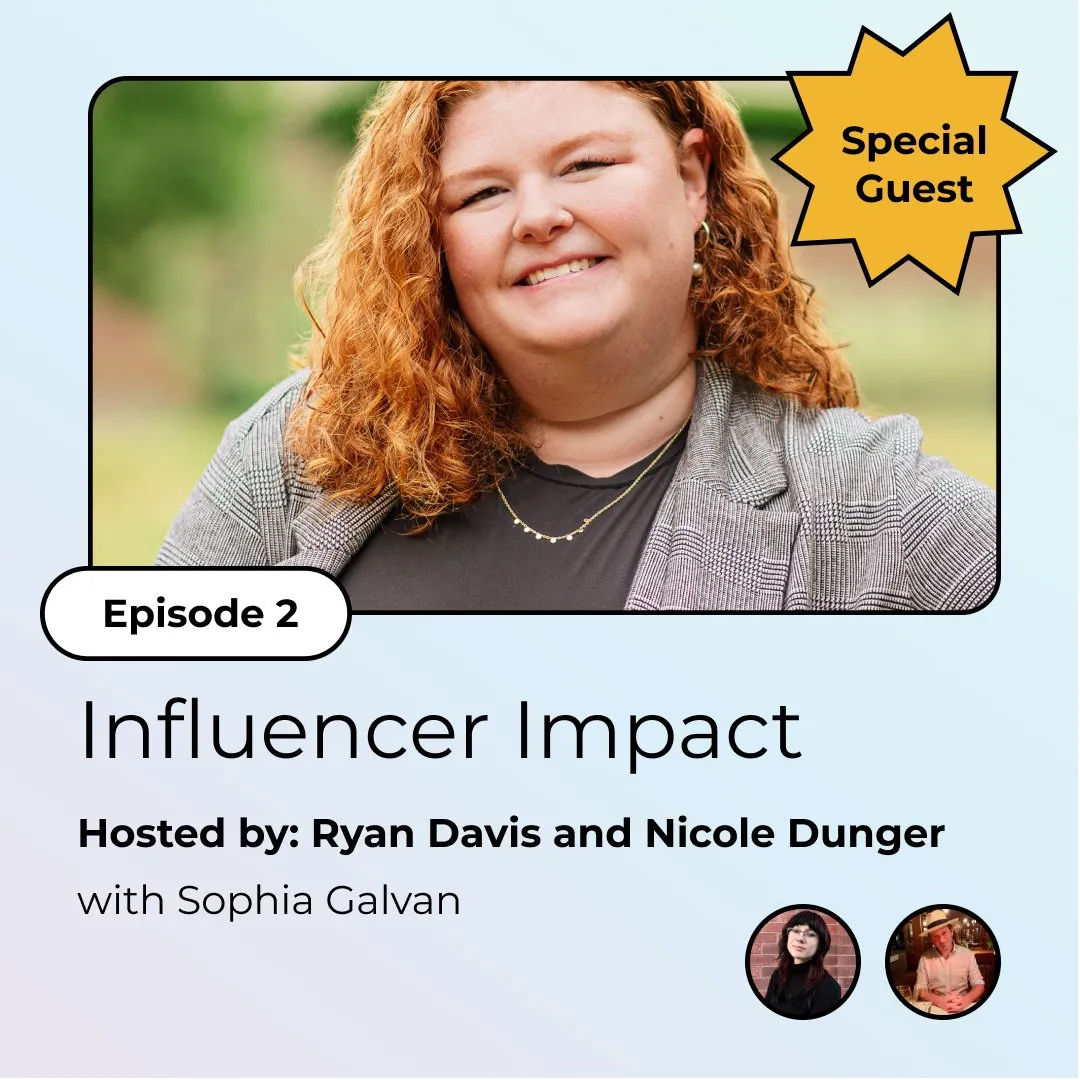


Welcome to Influencer Impact, your guide to creators and social media driving positive change.
For years, What the Polls Don’t Tell Us has given you insights beyond the numbers, diving deep into political engagement and advocacy. But as the digital landscape evolves, so do we.
Introducing Influencer Impact—your guide to making a real difference in politics and advocacy through social media. Every month, we’ll break down online discourse, uncover audience behaviors, and share actionable strategies to drive engagement and action.
And that’s not all. We’re also launching the Influencer Impact Podcast! With two episodes already out and new ones dropping on the first Thursday of every month, we’re bringing in top experts and practitioners to explore the latest trends and tactics shaping digital advocacy.
Whether you’re a strategist, organizer, or passionate about using social media for good, Influencer Impact is here to help you navigate the ever-evolving world of online influence.
Stay tuned for our next issue—bigger, better, and more impactful than ever.
Welcome to Influencer Impact!

Co-founder Ryan Davis breaks down the Social Media Quadrant—a simple framework for understanding how social media platforms function and how organizations should approach engagement. Are you building a community or broadcasting to an audience? And should you focus on broad reach or niche connections?
Read the full analysis now on Ryan’s Substack.
By Ryan Long, Digital Media Manager, with research by Magda Muszynska, Research Director, at People First.
People First conducted a sentiment analysis across Twitter X, Bluesky, Threads, and Truth Social which reveals a surprising trend: negativity dominates text-based social media discussions regardless of a platform’s political leaning. Data shows that on Bluesky, 57% of posts express negative sentiment while only 43% are positive. Similar patterns emerge on Truth Social and Threads.net, where about 59% of content is negative compared to 41% positive. On Twitter X, the contrast is even starker, with 68% of posts bearing a negative tone and just 32% positive.

Posts are a product of the incentive structures platforms put in place. The engagement based nature of all the major text-based platforms incentivizes negativity. Negative posts tend to attract higher engagement, creating a feedback loop that amplifies their reach. When users see such content gaining attention, they are more likely to contribute their own negative posts, further fueling this cycle. This cycle is even higher on X where verified users can monetize their posts based off of engagement from other verified users.

On X and Threads, the discourse varies, reflecting differences in user engagement. Threads has a higher share of left-leaning discourse at 14%, compared to only 5% right-leaning, indicating a more progressive user base. Meanwhile, X shows a more balanced but still right-leaning trend, with 21% of discourse skewing right and 9% leaning left.

Bluesky and Truth Social present stronger ideological divides. Bluesky has 29% left-leaning discourse and only 9% right-leaning, aligning with its user base’s progressive tilt. In contrast, Truth Social remains predominantly right-leaning, with 56% of discussions reflecting conservative perspectives and just 9% leaning left. These patterns highlight how platform culture and audience influence the political slant of conversations, reinforcing ideological bubbles.
For marketers and community managers, understanding this trend is essential. Even on left-leaning platforms where a more positive discourse might be expected, negative sentiment remains pervasive. By understanding how engagement-driven algorithms fuel this cycle, marketers can craft strategies that not only counteract the negativity but also encourage more balanced and constructive interactions and avoid potential viral negative interactions.
Join co-hosts Ryan Davis and Nicole Dunger as they discuss how organizations can build an effective DEI social media strategy with Sophia Galvan.
Listen now, available wherever you get your podcasts!
